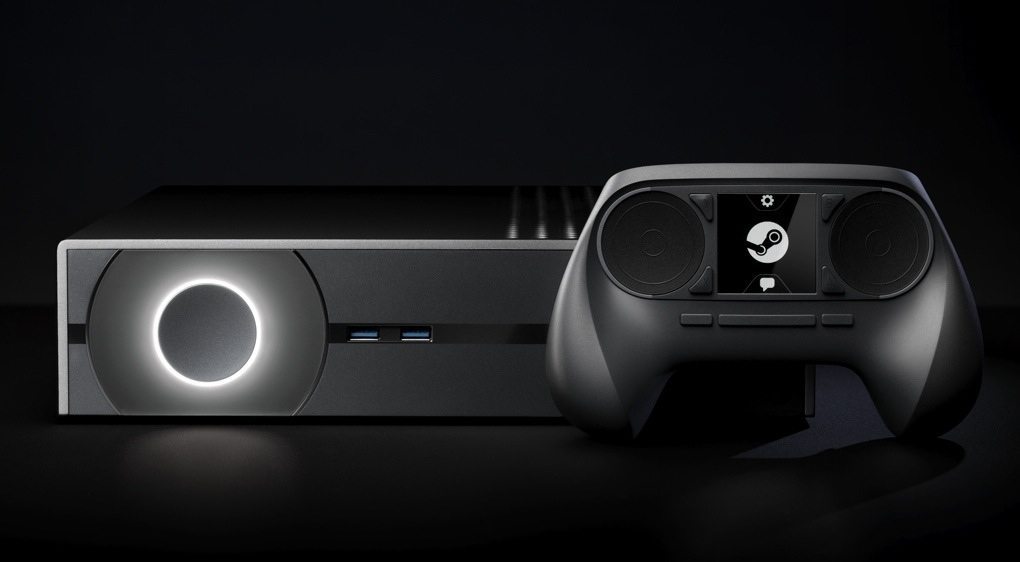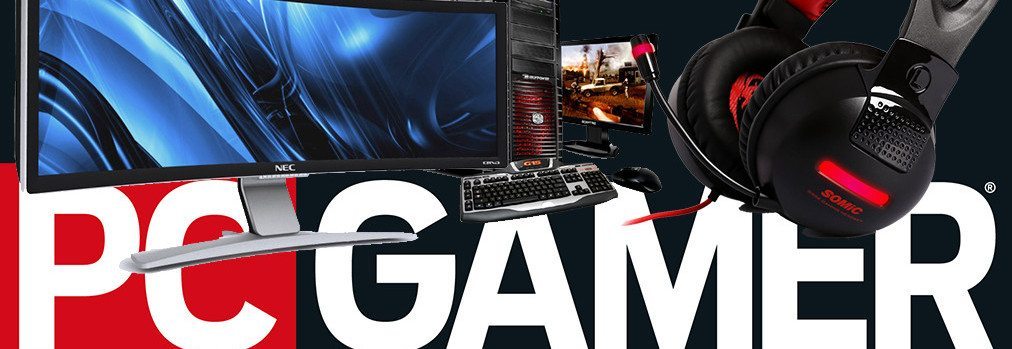What’s in the Cards for PC Gaming?
Now that all three of the gaming console giants have shown their hands, Will Salt deliberates on the trump cards of PC gaming.
[divider]
A PC for gaming is no small investment, and much less ‘plug and play’ than more affordable consoles. A desktop capable of playing the latest triple-A titles could set you back way over £1000 if you value good graphics and smooth gameplay. Setting up a computer to play games can be a daunting task given the various processes to complete, and the vast array of settings to change before you start playing, but those who play PC games argue that the technology of their setup is superior to that of a console, and I’m inclined to agree.
 Innovation sells in the gaming industry. The Wii was celebrated for creating new ways to play, and originality often contributes to good critical ratings. The PC leads in terms of innovation, mainly because of the variety of experimental technologies being produced. In terms of hardware, the Oculus Rift, an immersive virtual reality headset designed to mimic your head movement in-game, is a huge leap forward. The Steam Machines are a series of PCs that will run Valve’s new SteamOS, bringing the diversity of PC games to the big screen. Playing with the Steam Controller that uses touchpads instead of joysticks allows for 1:1 control over games that prefer gamepads and a mouse/keyboard setup.
Innovation sells in the gaming industry. The Wii was celebrated for creating new ways to play, and originality often contributes to good critical ratings. The PC leads in terms of innovation, mainly because of the variety of experimental technologies being produced. In terms of hardware, the Oculus Rift, an immersive virtual reality headset designed to mimic your head movement in-game, is a huge leap forward. The Steam Machines are a series of PCs that will run Valve’s new SteamOS, bringing the diversity of PC games to the big screen. Playing with the Steam Controller that uses touchpads instead of joysticks allows for 1:1 control over games that prefer gamepads and a mouse/keyboard setup.
One of the biggest impacts of the next generation on PC gaming is compatibility. Piracy is rampant on the PC, so a large amount of games were targeted at the Playstation 3, Xbox 360 and Wii. These games, if there was a financial basis for it, were then ported to the PC, which was subject to glitches, and poor use of the hardware available. Now, both the components of the Playstation 4 and Xbox One allow for development on the PC to run just as smoothly as on a console. The benefits PC gamers will reap from this are incredibly significant. The potential of a well-specified computer is rarely fulfilled, mostly due to bottlenecks and inefficiencies in the way the game handles the hardware, but it seems likely those will disappear with time.
Those who play PC games argue that the technology of their setup is superior to that of a console, and I’m inclined to agree.
With all the exciting potential the next generation brings, the question of whether to buy a PC or upgrade needs answering. I wouldn’t recommend doing either right now. Developers need time to settle into a new generation, and it’s worth waiting to see how Nvidia, Intel and AMD adapt their technologies. While many PC gamers swear by Intel CPUs, AMD supply the chips used in both the Xbox One and Playstation 4.
 Does this mean that AMD will overtake Intel as the go-to CPU manufacturer for gamers? Currently, around 2GB of Video RAM is the industry standard for mid-range graphics cards, but a staggering 8GB of RAM is available to the Playstation 4. This may push graphics cards manufacturers to work much more space into future products. Technology developed in the next year may not be ground-breaking, but the priorities of these companies is set to change dramatically. If you buy a new PC today, you may be disappointed at the components’ limits by this time next year.
Does this mean that AMD will overtake Intel as the go-to CPU manufacturer for gamers? Currently, around 2GB of Video RAM is the industry standard for mid-range graphics cards, but a staggering 8GB of RAM is available to the Playstation 4. This may push graphics cards manufacturers to work much more space into future products. Technology developed in the next year may not be ground-breaking, but the priorities of these companies is set to change dramatically. If you buy a new PC today, you may be disappointed at the components’ limits by this time next year.
With so many improvements and innovations, PC gaming is certainly the most interesting platform to monitor. Video games are about to become more real than ever before.
[divider]
 How do you feel about the future of PC gaming? Follow @boargames on Twitter and let us know!
How do you feel about the future of PC gaming? Follow @boargames on Twitter and let us know!

Comments (1)